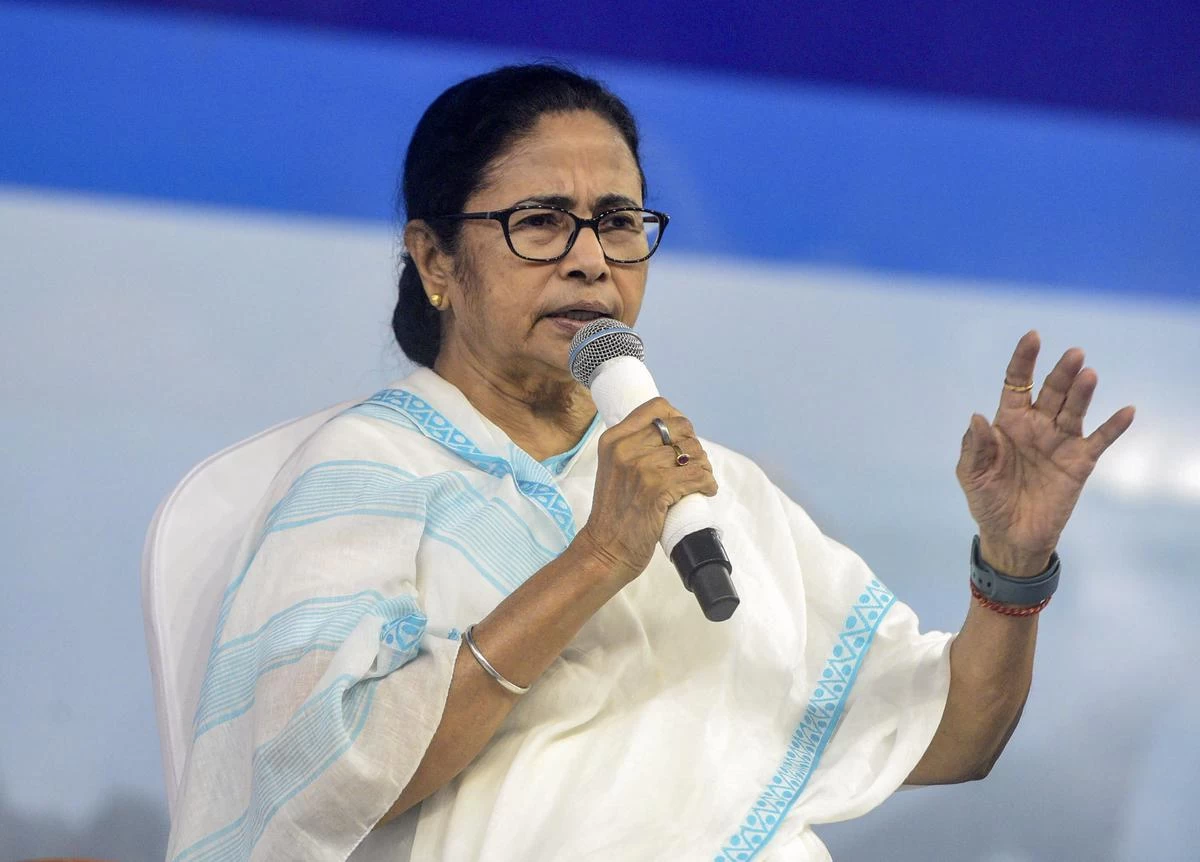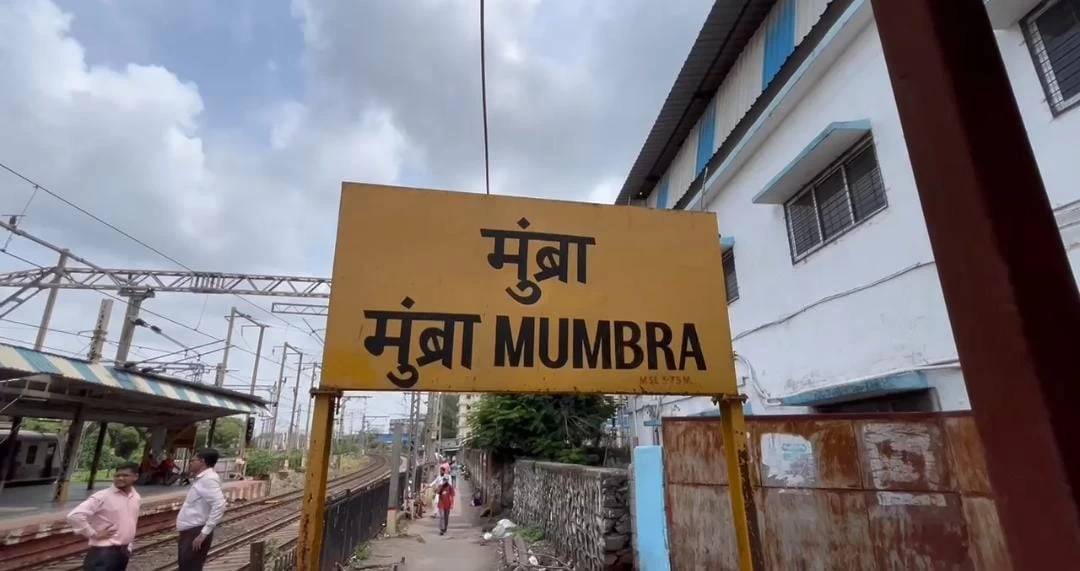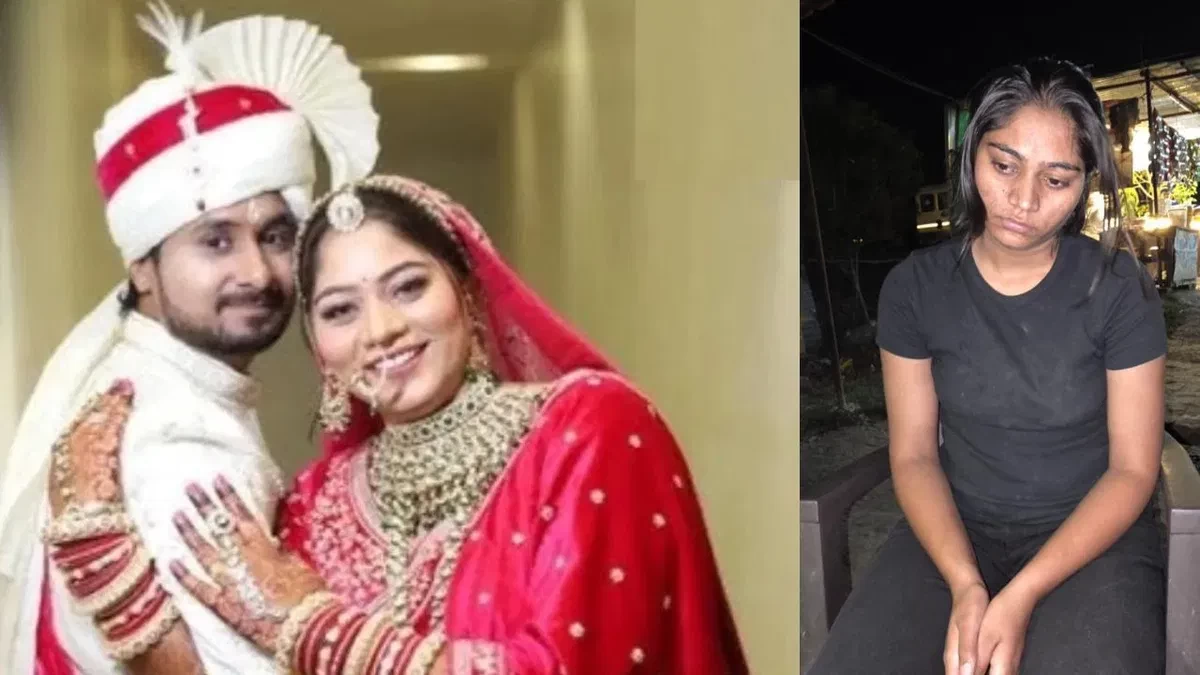Latest Updates
“Designed to undermine India's democracy…”: Mamata Banerjee Slams ‘One Nation, One Election’ Bill, Calls it 'Anti-Federal' and 'Authoritarian'

West Bengal Chief Minister Mamata Banerjee on Thursday has fiercely criticised the Union Cabinet's approval of the controversial 'One Nation, One Election' Bill, describing it as an "unconstitutional" and "anti-federal" move that threatens India's democratic fabric. She condemned the central government’s push for simultaneous elections, calling it act of disregard towards the legitimate concerns raised by experts and opposition leaders.
“The Union Cabinet has bulldozed their way through with the unconstitutional and anti-federal One Nation, One Election Bill, ignoring every legitimate concern raised by experts and opposition leaders. This is not a carefully-considered reform; it's an authoritarian imposition designed to undermine India's democracy and federal structure”, the Chief Minister wrote on ‘X’.
She vowed that her party's MPs would oppose the legislation "tooth and nail" when it is tabled in Parliament. "Bengal will NEVER bow to Delhi's dictatorial whims. This fight is about saving India’s democracy from the clutches of autocracy!" she declared. The bill, which aims to align the dates for Lok Sabha and state assembly elections, was approved by the Union Cabinet on Thursday and is set to be presented in the upcoming Winter session of Parliament. It will be referred to a Joint Parliamentary Committee (JPC) for further deliberation. The proposal, high on the government's agenda, was initially recommended by a high-powered committee led by former President Ram Nath Kovind. According to the committee’s report, the proposal is concurrent elections for the Lok Sabha and state assemblies in the first phase, followed by synchronised local body elections within 100 days.
Prime Minister Narendra Modi hailed the Cabinet's approval, emphasising the economic benefits of the proposal. "The Cabinet has accepted the recommendations of the High-Level Committee on Simultaneous Elections," he said. The initiative, according to experts cited by the government, could boost India's GDP by 1-1.5 percent, a claim that was also echoed by Kovind in a statement earlier this week.
However, Banerjee and other opposition leaders argue that the bill undermines the autonomy of state governments, disrupts the federal structure of India, and places excessive power in the hands of the central government. Banerjee’s criticism is part of a broader opposition push against what they perceive as increasing centralisation under the current government. While the BJP has defended the bill as a necessary step towards administrative efficiency and cost-saving, the opposition sees it as a tactic to consolidate power and curtail the influence of regional parties. The bill’s fate will now be decided in Parliament, where it is expected to spark a significant political debate.
As the Winter session of Parliament nears, Mamata Banerjee's vocal opposition signals a fresh round of political tension between the state and central governments, with the 'One Nation, One Election' bill set to dominate the national discourse. The outcome of this legislative battle could have lasting implications for India's political structure, with regional parties like Banerjee’s Trinamool Congress (TMC) leading the charge, along with Congress against what they view as an existential threat to India’s democratic traditions.









